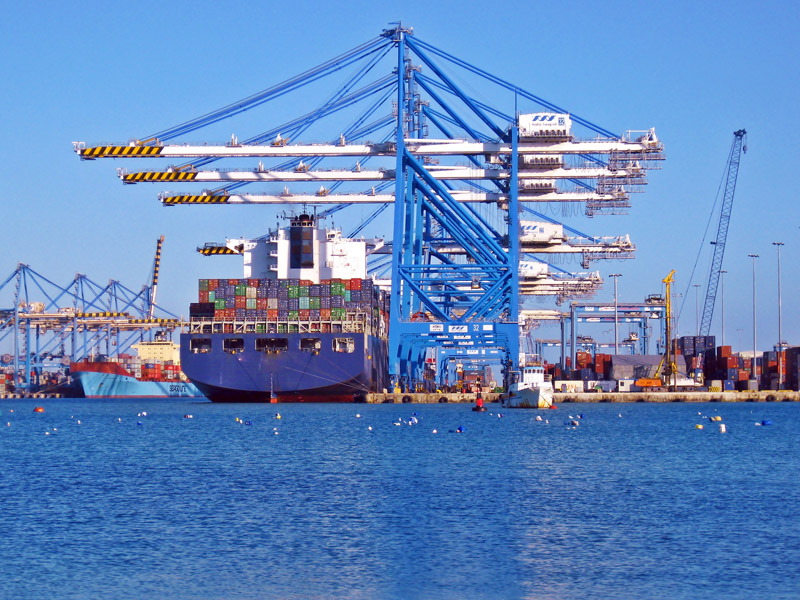An audience of lawyers and academics have heard that the United Nations Convention on the Law of the Sea (UNCLOS) gives a clear mandate for IMO to prevent, reduce and control pollution of the marine environment from or through the atmosphere and to address climate change. IMO’s Fred Kenney, speaking at seminar in London (14 November), said that Article 212 of UNCLOS complemented the Paris Agreement on Climate Change to give IMO Member States a clear role to continue to build on the work already done to address the energy efficiency of ships. Mr. Kenney highlighted the mandatory energy efficiency requirements under MARPOL Annex VI, the recent adoption of a mandatory data collection system for fuel oil consumption of ships and the approval of a roadmap for developing a “Comprehensive IMO strategy on reduction of GHG emissions from ships”. He also cited the decision to set 1 January 2020 as the date for a global 0.5% m/m sulphur cap for shipping as an example of IMO’s landmark work under UNCLOS Article 212. The seminar on ‘Law of the Sea: New Frontiers and Frictions’ was hosted by the British Institute of International and Comparative Law.
